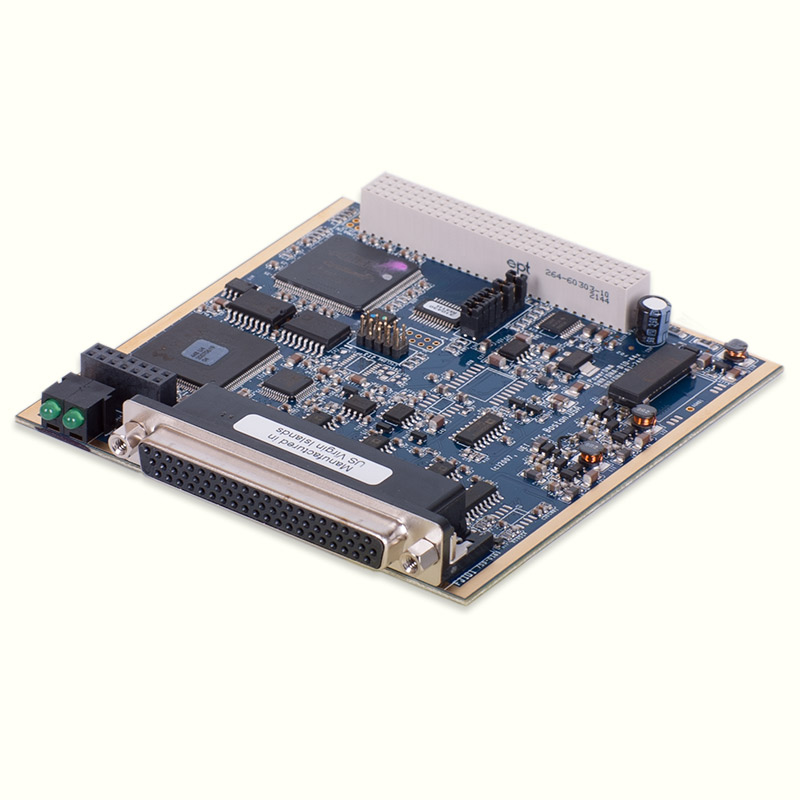
Introduction
Artificial Intelligence (AI) has rapidly evolved to become a cornerstone of modern technology, influencing nearly every aspect of daily life and business operations. Its significance lies in the ability to process vast amounts of data, enabling smarter decision-making and automation. With the global AI market projected to reach over $1.5 trillion by 2030, understanding its implications across various sectors is crucial for businesses and consumers alike.
AI in Healthcare
One of the most promising applications of AI is in the healthcare industry. AI technologies are utilized for predictive analytics, enabling healthcare professionals to foresee patient deterioration based on historical data. Furthermore, AI-driven tools help in diagnosing diseases at an unprecedented pace and with remarkable accuracy. A landmark study published in the Lancet showcased that an AI algorithm outperformed human radiologists in identifying breast cancer from mammograms. This not only demonstrates AI’s potential to enhance diagnostic processes but also underscores the importance of integrating AI solutions into healthcare systems.
AI in Transportation
The transportation sector is also experiencing a seismic shift thanks to AI. Autonomous vehicles rely heavily on AI algorithms for navigation and safety, drastically reducing human error on roads. Companies like Tesla and Waymo have pioneered the use of AI in self-driving cars, enhancing both convenience and safety for users. Moreover, AI optimises logistics and supply chains, improving efficiency and cost-effectiveness in transporting goods. According to a report from McKinsey & Company, AI could generate up to $1.5 trillion in savings in the global transportation sector.
AI in Finance
The finance industry sees AI as an essential tool for improving security and operational efficiency. Fraud detection algorithms identify suspicious transactions by analysing patterns that would be impossible for humans to detect. Additionally, AI is utilised in algorithmic trading, where AI systems can analyse market conditions and execute trades within milliseconds, potentially reaping significant financial rewards for firms. A 2023 survey from Deloitte indicated that 80% of financial institutions are investing heavily in AI-based technologies, reflecting a growing trust in these systems’ capabilities.
Conclusion
The impact of AI on various industries is profound and cannot be overstated. From revolutionising healthcare diagnosis to enhancing logistics in transportation, AI’s capabilities are paving the way for more efficient and effective systems. As the AI market expands, it is essential for stakeholders—from government entities to individual consumers—to recognize its significance and adapt to these changes. Preparing for an AI-driven future will involve not just gaining technological proficiency but also fostering ethical considerations and regulations to ensure these powerful tools are used responsibly. The future of AI promises a landscape rich with possibilities, and its importance will continue to grow across all sectors.
You may also like

The Evolution and Impact of Apple iPhones

The Rise of Edge Computing in Modern Technology

The Evolution of Twitter into X: What It Means for Us
SEARCH
LAST NEWS
- Remembering Wendy Richard: The Promise to Co-Star Natalie Cassidy
- How Did Anglian Water Achieve an ‘Essentials’ Rating for Mental Health Accessibility?
- Shai Hope Leads West Indies in T20 World Cup Clash Against South Africa
- What We Know About Weston McKennie: Future at Juventus and Past at Leeds
- What We Know About the Upcoming Live Nation Antitrust Trial